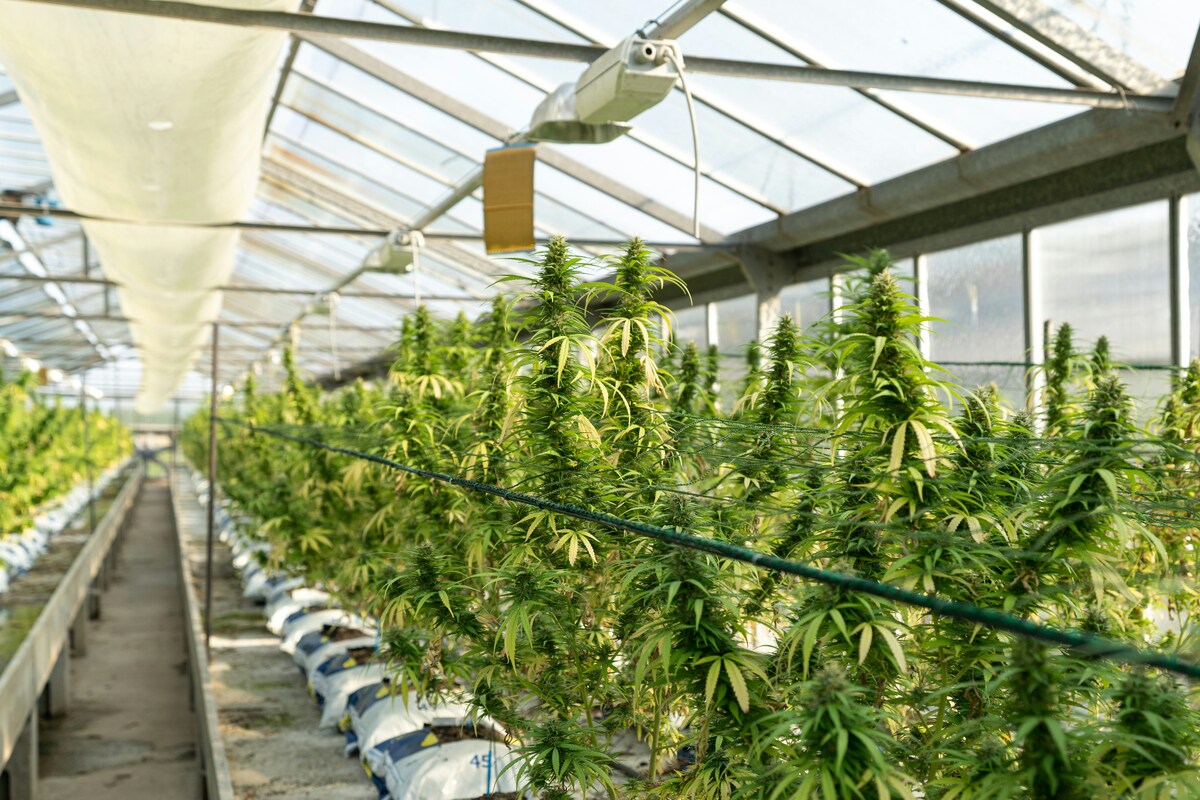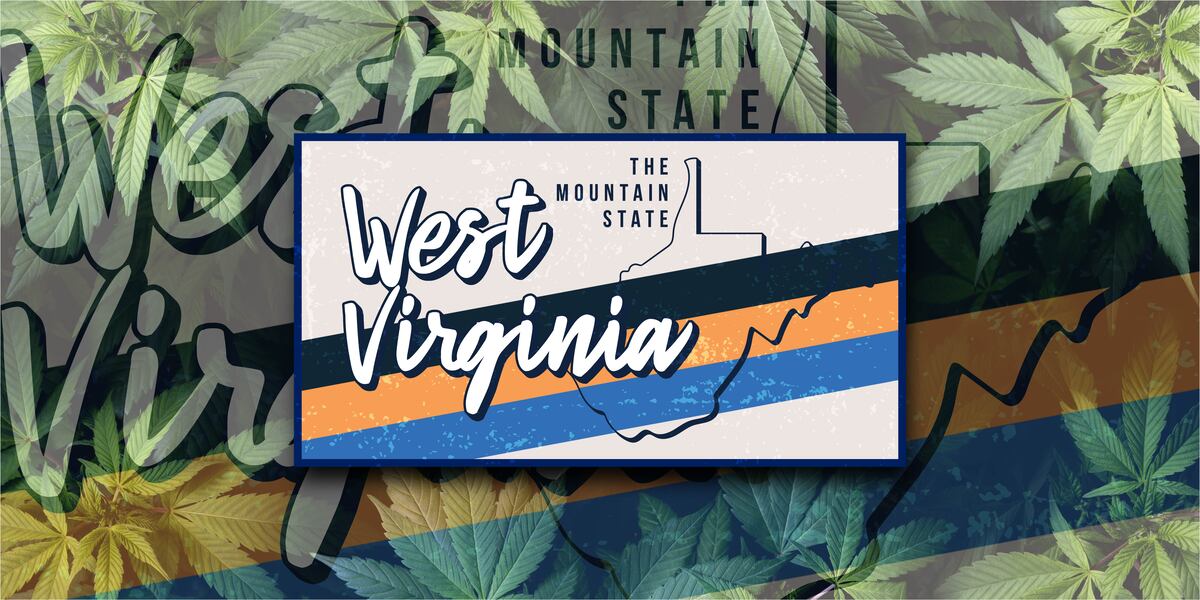West Virginia cannabis packaging guidelines set clear rules for how medical cannabis products must be stored, labeled, and sold. The state’s medical cannabis program, established under the Medical Cannabis Act (Chapter 16A), focuses on patient safety, product quality, and regulatory compliance. These packaging and labeling rules protect consumers, maintain product integrity, and ensure businesses follow the law.
Legal Authority and Regulatory Framework
The West Virginia Department of Health and Human Resources (DHHR), through the Bureau for Public Health, oversees the state’s medical cannabis program. The Bureau’s Legislative Rule, W. Va. Code R. § 64-110-16, outlines the specific requirements for packaging and labeling medical cannabis products. These regulations apply to all licensed growers/processors and dispensaries operating within the state.
Packaging Requirements
All medical cannabis must be packaged at the grower or processor’s facility before it can be sold. Proper packaging ensures the product remains safe, fresh, and uncontaminated. Requirements include:
- Child-Resistant – Packaging must prevent access by children.
- Tamper-Proof or Tamper-Evident – Packaging must show if the product has been opened or altered.
- Light-Resistant and Opaque – Packaging must protect the product from light, which can degrade quality.
- Resealable – Packaging must allow the product to stay fresh and uncontaminated after opening.
Each process lot must also have a unique identifier. This ensures traceability and helps track the product from production to sale.
Labeling Requirements
Every package of medical cannabis must have a label approved by the Bureau. Labels must include the following:
- Grower/Processor Information – Name, address, and permit number.
- Product Details – Form, quantity, weight, number of doses, species, and tetrahydrocannabinol (THC) and cannabidiol (CBD) percentages.
- Batch Identification – A unique identifier for the harvest or process lot.
- Packaging Information – Packaging date, expiration date, and employee IDs of staff who prepared and shipped the product.
- Dispensary Information – Name and address of the dispensary receiving the package.
- Storage Instructions – Guidelines to maintain product quality.
- Warnings – Statements such as “This product is for medicinal use only,” “Keep out of reach of children,” and “Unauthorized use is unlawful and will subject the purchaser to criminal penalties.”
Labels must be easily readable, made from weather-resistant and tamper-resistant materials, and placed conspicuously on the package to ensure visibility and compliance.

Restrictions on Packaging and Labeling
To protect consumers and prevent misuse, cannabis packaging and labels must avoid the following:
- Misleading Imagery – Graphics, cartoons, or designs that resemble food or beverages or could appeal to children.
- False Claims – Statements suggesting the product contains anything other than medical cannabis.
- Unauthorized Endorsements – Use of state or local government logos that could imply official approval.
These restrictions help ensure that medical cannabis has a clear identity, is safe, and legally compliant.
Dispensary Responsibilities
Dispensaries have several key duties when dispensing medical cannabis:
- Sealed and Labeled Packaging – Ensure the product is sealed, labeled correctly, and stored in child-resistant packaging.
- Safety Insert – Include a Bureau-approved safety insert. This insert must explain lawful administration methods, potential risks, signs of misuse, and ways to prevent access by minors.
- Verification – Confirm that the dispensed product matches the patient’s certification and does not exceed the prescribed amount.
These steps help dispensaries provide safe, compliant, and responsible service to patients.
Compliance and Enforcement
Non-compliance with packaging and labeling regulations in West Virginia can lead to serious consequences. Violators may face:
- Civil fines up to $3,000 per violation
- Suspension or revocation of licenses
- Potential criminal charges depending on the severity of the infraction
The Bureau for Public Health conducts regular inspections to ensure adherence to these standards. Enforcement agents are authorized to take corrective actions against non-compliant entities.
Final Word
West Virginia’s cannabis packaging and labeling guidelines ensure the safety, quality, and reliability of medical cannabis. By following these rules, growers, processors, and dispensaries help protect patients, maintain product integrity, and support the success of the state’s medical cannabis program.
Are you a cannabis grower or processor in the state of West Virginia and need help with your cannabis packaging? Custom 420 Supply is here to help! We invite you to reach out through our contact page for more information.
Frequently Asked Questions
How does West Virginia regulate the packaging of edible cannabis products?
West Virginia requires all edible cannabis products to be packaged in child-resistant, tamper-evident containers that protect product integrity. Labels must include the product’s weight, number of servings, THC/CBD content, batch number, expiration date, and clear warnings. Packaging cannot resemble foods or candies appealing to children, and dispensaries must provide safety inserts with proper consumption guidance.
What penalties exist for non-compliance with cannabis packaging guidelines in West Virginia?
Non-compliance with West Virginia cannabis packaging guidelines can result in fines, license suspension, or revocation. The Bureau for Public Health conducts inspections, and repeated violations may escalate enforcement actions. Adhering to labeling, child-safety, and tamper-evidence standards is critical to avoid penalties.
Are West Virginia cannabis packaging laws aligned with any national safety or labeling standards?
Yes. West Virginia’s packaging regulations align with general best practices recognized nationally, including child-resistant and tamper-evident packaging standards. While cannabis is regulated state-by-state, West Virginia incorporates widely accepted safety and labeling practices to ensure consumer protection and product integrity.

